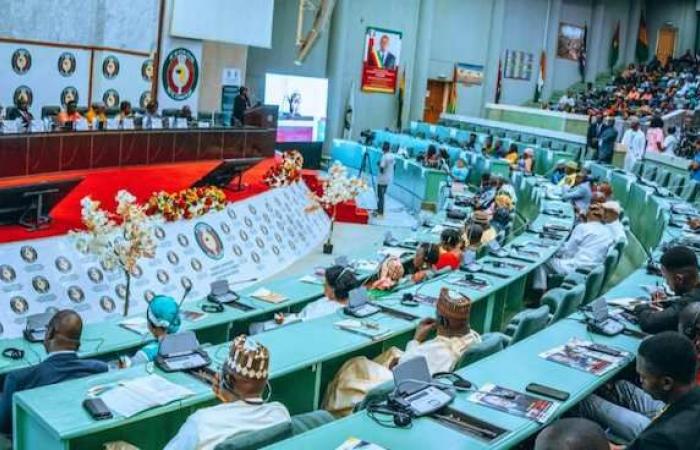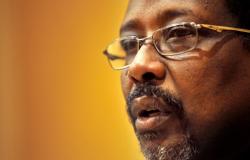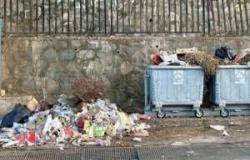The Senegalese MP who is also an ECOWAS parliamentarian gives his news. Guy Marius Sagna from Lomé, the Togolese capital, informs about the holding of the third extraordinary session of the ECOWAS parliament. On the occasion, the draft budget of the parliament of the sub-regional entity for the 2025 financial year will be examined. A parliamentary seminar devoted to orientation training for the deputies of the 6th legislature of the ECOWAS parliament will also be held.
In addition, the Senegalese MP took this opportunity to address two written questions to the ECOWAS Council. “These are my first written questions at the ECOWAS level,” the MP was keen to point out. “I questioned ECOWAS on the ongoing ECOCIDE along the Falémé and on the measures taken and to be taken by ECOWAS to save the Falémé, which is shared by Guinea, Mali and Senegal,” informed Guy Marius Sagna.
In his second question, the MP once again raised the issue of “added sugar in Nestlé’s Nido and Cerelac products sold in West Africa. Nestlé puts added sugar in its Nido and Cerelac products while it does not put any in the same products sold in the United Kingdom, Germany, Switzerland, France…”. Thus, considering the danger posed by this product, Guy Marius Sagna said he asked “whether ECOWAS has examined the Nido and Cerelac products that Nestlé sells in ECOWAS member countries and what will ECOWAS do to protect babies in its member countries”.
Furthermore, the Senegalese ECOWAS MP reported having sent two letters to the President of the ECOWAS Parliament.
“In the first letter I reminded the President of the ECOWAS Parliament of Article 50 of the Rules of Procedure of the ECOWAS Parliament which stipulates that the Public Accounts and Audit Commission “(…) is responsible for matters relating to:
(…) 5. To control the execution of the budget of Parliament;”
6. On the verification of accounts and balance sheets relating to decisions on the closure, presentation and audit of resources and expenditure of Parliament as well as accompanying measures or implementation of these decisions within the framework of the internal procedure, informed Mr Sagna.”
And Guy Marius informed that since April 2024 (at least, six months in a few days), there has been no control over the execution of the budget of the ECOWAS parliament.
The second question of the deputy concerns the broadcasting of meetings held in Ghana, Abidjan, Guinea and Gambia on the ECOWAS Facebook page. Article 92 of the rules of procedure of the ECOWAS parliament, as a reminder, states among other things that “Parliament ensures maximum transparency of its activities” and that “deliberations in Parliament are public” Guy Marius Sagna was keen to point out.
Ultimately, the parliamentarian asked: “How does the ECOWAS parliament intend to respect article 92 of its internal regulations by preventing the broadcasting of its activities on social networks and live? Is the office of the ECOWAS parliament afraid of social networks? Does the office of the ECOWAS parliament have things to hide from ECOWAS citizens? Since the majority of ECOWAS citizens are young, how can we inform them by not showing their meetings live on social networks?”






